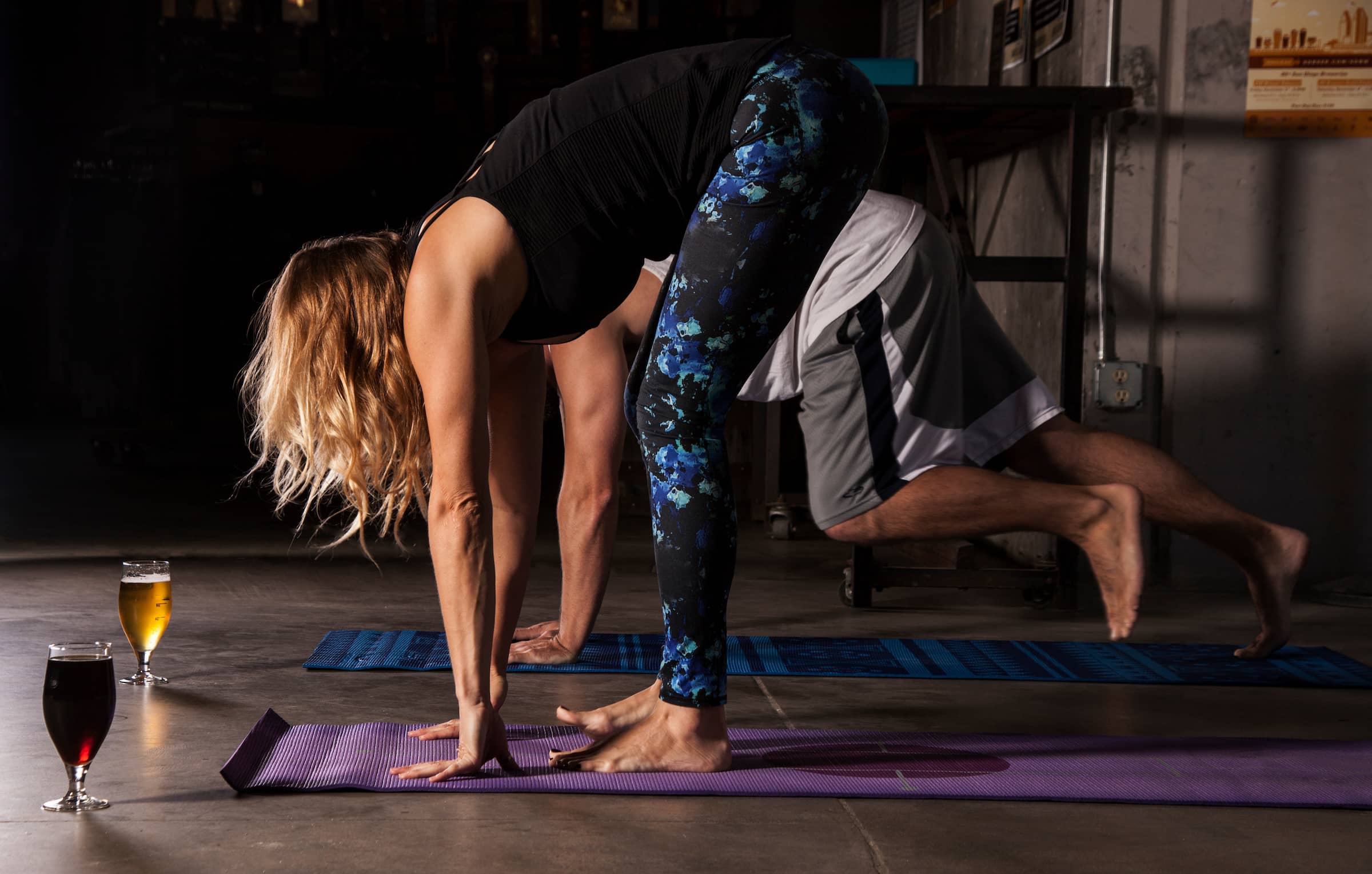Whether you enjoy casual walks or regular gym sessions, exercise is ingrained in many people’s daily lives.
If you consume alcohol, it’s important to understand the impact it can have on your fitness routine and performance.
Alcohol interferes with the body’s metabolism and affects brain function, which causes a decrease in performance.
During any form of fitness activity, we need to stay hydrated to maintain normal blood flow through our bodies. However, with the diuretic effect of alcohol teamed with sweating, you can become more dehydrated.
When you remove alcohol from your lifestyle, you can enjoy a large boost in energy and motivation. From losing more weight, to increasing alertness the benefits are endless.
In addition to the numerous benefits of removing alcohol from your lifestyle, seeking professional help at a reputable recovery centre can greatly support your journey towards a healthier and alcohol-free life.
To advise you on why you should consider this lifestyle change, Ruari Fairbairns, CEO of OYNB, shares his expertise.
1. Improved performance
Alcohol can interfere with the body’s metabolism. When we drink, it causes an increase in insulin secretion, which can lead to low blood sugar.
During exercise, our body requires normal levels of sugar in the blood to boost our energy, a drop in blood sugar levels will negatively impact your fitness performance.
As alcohol is a sedative, it can impact your fitness performance for up to 72 hours after you’ve finished drinking. Ensure you drink plenty of water to replace any water lost during your session.
2. Increased calorie burn
Alcoholic beverages contain a lot of empty calories and contribute to weight gain. Drinking immediately after a workout can dramatically set you back from your weight loss goals as the calories provide little to no nutritional value.
Mixers that are used in drinks contain a lot of sugar, so having an excessive amount before or after a session can stop the fat-burning process, cancelling out the hard work you’ve put in.
3. Decreased dehydration
Working out causes you to sweat and become dehydrated. Alcohol also causes dehydration as it’s a diuretic, so the two mixed together produce more urine.
If you drink after a cardio session, you risk stripping your body of glycogen, which allows your body to work out at higher intensities. If your body’s glycogen levels fall, it can cause faster fatigue the next time you decide to work out.
If you start out dehydrated, you might have a poor workout and become dizzy and lethargic. Around two to three hours before you work out, drink 500-600ml of water to help fuel your body.
4. Increased alertness
Alcohol is a sedative that can slow down your brain function. With a weakened reaction time, you can risk becoming injured in high-intensity activities such as running or lifting weights.
When you’re active, it’s vital that all these functions are high to maintain stamina and stay aware of your surroundings.
5. Faster recovery periods
When you exercise, your body produces several hormones such as cortisol, adrenaline, noradrenaline, and somatotropin (the growth hormone).
These hormones help with various processes involved in repairing damaged cells in your muscles. They also boost blood flow to the muscles and increase their energy supply.
However, drinking too many alcoholic beverages after exercising can hinder this process by disrupting the normal production or action of these hormones.
6. Build muscle strength quicker
When you work out, you tear your muscles. The tears are responsible for the soreness you feel the next day, until they heal with the growth hormone.
Drinking alcohol after a workout can prevent full healing of the muscles, which can leave you feeling sore for longer.
Binge drinking can also cause you to decrease your gym gains as alcohol boosts the hormone cortisol and impacts all the muscles you were trying to build.
7. No hangover risks
Exercising on a hangover can affect your exercise performance. Even if you feel fine, it can cause hypersensitivity to stimuli such as light and sound, which impacts the ability to perform at your best.
A lack of sleep also contributes to a lower-quality training session. There is also a risk of abnormal heart rhythms if you exercise up to two days after heavy alcohol consumption.
